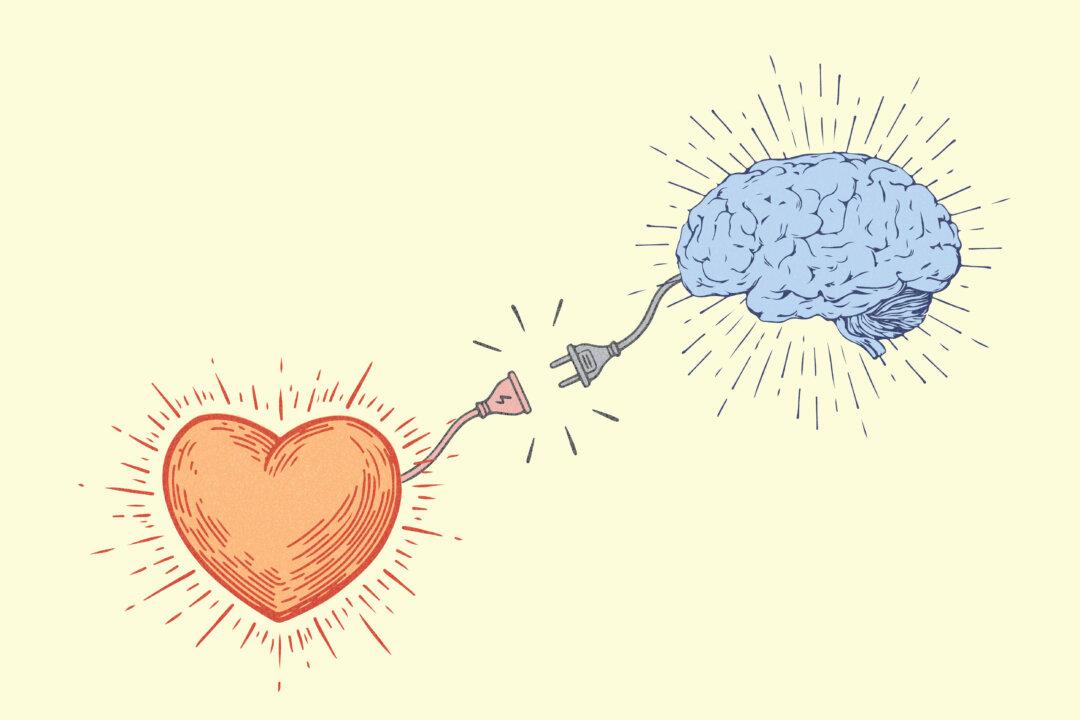In many ancient traditions, the egg was considered more than just food—it symbolized the origin of the universe. That sense of completeness endures, even nutritionally. Eggs contain all nine essential amino acids the body can’t produce on its own, making them a complete and easily digestible source of protein.
Beyond protein, eggs support brain function, improve eyesight, and boost muscle strength.

Key Nutrients
- Protein: Eggs contain complete protein that supports the immune system, muscle repair, and overall cell health. Egg protein is highly bioavailable, with a 97 percent absorption rate—surpassing that of dairy at 95 percent and meat at 94 percent.
- Choline: Among all the sources of choline—an essential nutrient for memory–eggs are considered the best. One large egg provides about 169 milligrams of choline.
- Lutein and Zeaxanthin: Eggs are rich sources of lutein, zeaxanthin, and carotenoids, making them an effective food for maintaining eye health and protecting against oxidative damage.
- Other Nutrients: Eggs contain omega-3 fatty acids, vitamin B12, and fat-soluble vitamins D, A, and E.
Health Benefits
Boosts Brain Function
A 2024 study published in The Journal of Nutrition investigated the association between egg consumption and the risk of developing Alzheimer’s in older adults. The study followed more than a thousand participants, with an average age of 81, for approximately seven years.Researchers found that those who ate more than one egg per week had nearly half the risk of developing Alzheimer’s compared to those who ate fewer eggs. In brain autopsies of more than half of the deceased participants, those with higher egg consumption also showed a 49 percent lower risk of Alzheimer’s-related brain changes.
Benefits the Eyes
Studies have shown that lutein and zeaxanthin can reduce the risk of age-related macular degeneration and cataracts, common causes of vision loss in older adults.Supports Musculoskeletal Health
By providing high-quality protein along with nutrients such as vitamin D and zinc, research shows that eating eggs regularly supports muscle strength and may help reduce the risk of sarcopenia (loss of muscle mass and function).Other Benefits
The high protein content in eggs also helps manage healthy weight by keeping us feeling full longer. Their amino acids, like leucine, help muscle repair, and omega-3 fatty acids help lower inflammation.Fun Facts
- Eggshells come in many different colors, and the color of the shell depends on the breed and corresponds to the hen’s earlobe.
- The yolk of an egg is only one cell and one of the largest in nature. An ostrich egg, which can feed about 24 people for breakfast, is likely the largest cell in nature.
- Eggs play a symbolic role in many religions and cultures and symbolize fertility, eternity, and the circle of life—without a beginning or an end.
- Eggs can breathe: An eggshell has more than 7,000 tiny pores that allow air and moisture to pass through, helping the developing chick inside.
- Yolk—originates from “geolca,” an old English word, meaning “yellow.” So, we could call the egg parts egg white and egg yellow.
How to Increase Absorption
- Eggs with avocados: When combined, the monounsaturated fats in avocados help the body absorb fat-soluble vitamins, like vitamin E, in eggs.
- Eggs with kale or spinach: The fiber and vitamin K in these leafy greens are better absorbed when eaten with eggs.
- Eggs with tomatoes: The lycopene in tomatoes is better absorbed when eaten with fats like those found in eggs.
Pantry Pro Tip
Gently place your egg in a bowl of cold water. If the egg sinks to the bottom and lies on its side, it’s fresh. A slightly older egg will sink to the bottom and stand upright. If an egg floats, it is old. Older eggs float because as they age, the air cell inside them gets bigger as moisture evaporates, making them more buoyant.
Although the U.S. Department of Agriculture says eating an older egg may still be safe, they recommend cracking it open into a bowl to ensure it hasn’t spoiled and identifying if it has an unusual appearance or smell. A spoiled egg will have a strong odor, even if cooked.
Precautions
Optimal Storage
How Long Do Eggs Last?
- Raw eggs in their shells last three to five weeks in the refrigerator and should not be frozen.
- Raw egg whites last two to four days in the fridge and can be frozen for up to a year.
- Raw egg yolks last two to four days in the fridge, but do not freeze well.
- Hard-boiled eggs last one week in the refrigerator and should not be frozen.

Breakfast Pie Recipe
Savory breakfast pie is easy to make, loaded with fiber and brain-boosting vitamin K from kale, and designed to support nutrient absorption thanks to healthy fats from eggs and cheese.
Serves 4
- 3 large kale leaves, chopped roughly
- 1/3 cup organic cheddar cheese, grated
- 8 large, free-range eggs
- 1/2 cup oat or almond flour
- 1 tsp baking powder
- Pink sea salt, paprika, and pepper, optional and to taste
- Preheat oven to 350 degrees F or set an air fryer at 325 degrees F.
- Add all ingredients to a large bowl, mix well to combine, and set aside.
- Lightly grease and, if needed, line a medium-sized baking dish or air fryer insert with parchment paper to prevent sticking.
- Bake the mixture in the oven for 40 minutes or 20 minutes in an air fryer.
- Serve and enjoy.
Egg Tips for Kids
- Choline for brain development and function
- Protein to build muscle
- Calcium and Vitamin D for strong bones and teeth
- Vitamin B12 to boost energy
- Selenium to keep the immune system strong

Creative Ways to Get Kids to Eat More Eggs:
- Egg Muffin Tins: Bake scrambled eggs in muffin tins and add cheese and veggies for a customizable, bite-sized snack or breakfast treat.
- Toad in a Hole (Egg in a Hole): Use a cookie cutter to cut a hole, of any shape you wish, in a piece of toast and cook an egg in it for a creative way to eat both.
- Hard Boiled Egg Pops: Insert cut carrots and celery sticks into the bottom of hard-boiled eggs. Use salad dressing or other dip for a fun way to enjoy eggs that kids can help make and assemble.
- Egg Snack Skewers: Slice hard-boiled eggs and thread them onto small skewers with cubes of cheese, cucumber, cherry tomatoes, and avocado for a nutritious snack.







